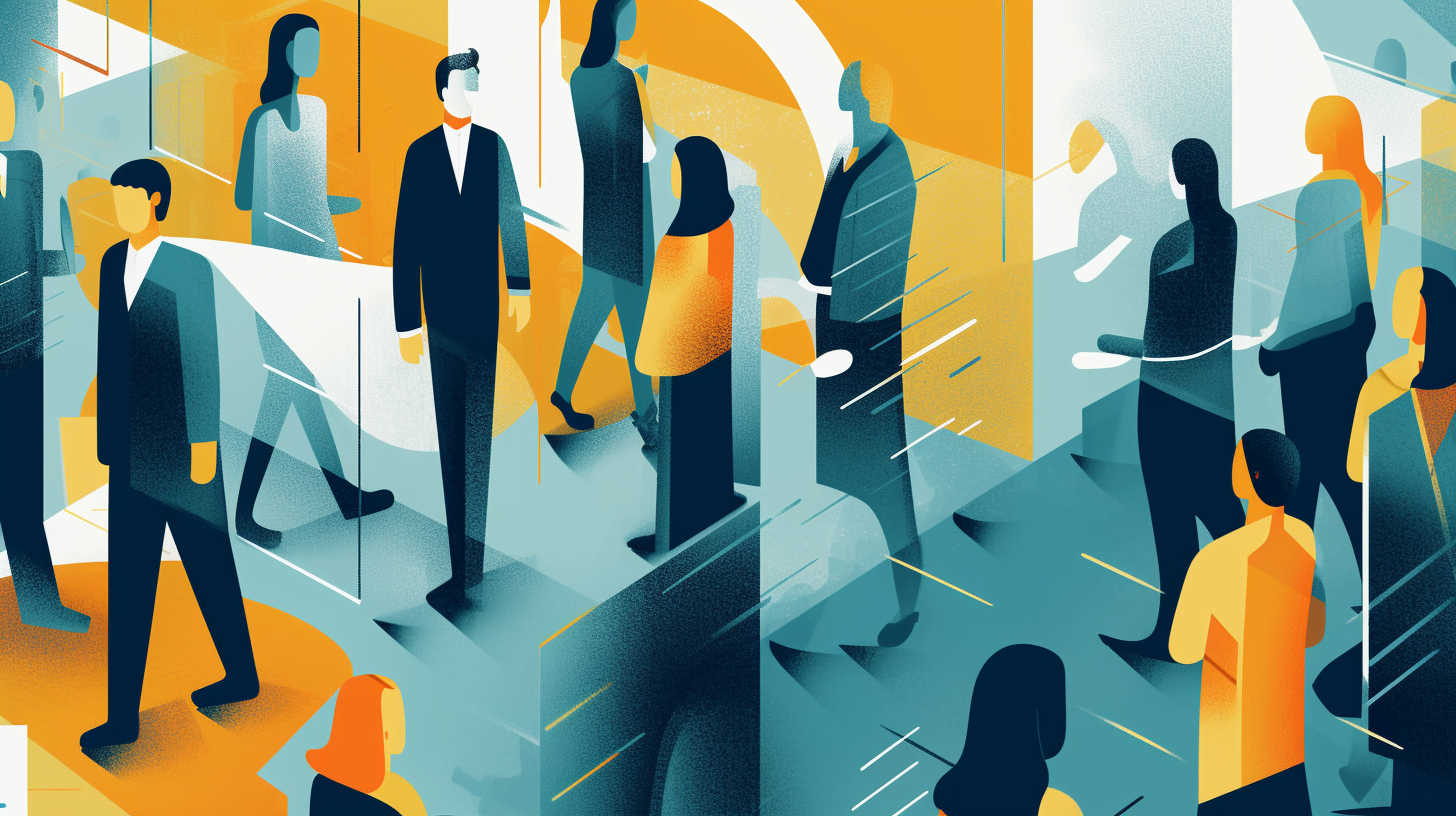How will the job market change in the next five years? The World Economic Forum's Future of Jobs Report 2023 provides a comprehensive forecast.
The bottom-line impact of most technologies on the job market will be positive over the next five years, according to a broad cross-section of the world's largest employers. That's one of the key findings of a new report from the World Economic Forum. Excluded from the list of technologies with a positive impact, however, are "humanoid and non-humanoid robots," which the study says will cost more jobs than they create.
The World Economic Forum's (WEF) Future of Jobs Report 2023, a 300-page report, is a comprehensive forecast of how the job market will evolve over the next five years.
The report is based on a survey of 803 companies with a total of more than 11.3 million employees.
Employers expect about a quarter (23 percent) of jobs to undergo structural change over the next five years. Jobs in the supply chain and transportation, media, entertainment, and sports will be most affected.
Of the 673 million jobs in the report, respondents expect 69 million structural job gains and 83 million job losses. This represents a decrease of 14 million jobs (or two percent) in total.
According to the report, most companies expect to shift jobs within their organization, offset by job growth elsewhere.
While technologies such as big data analytics, encryption, and climate management are the strongest drivers of job growth, agricultural technologies, digital platforms and applications, e-commerce and digital commerce, and AI will lead to "significant labor-market disruption" the report said.
Loss of administrative, factory and retail jobs expected
Other interesting findings from the WEF surveys include
- Companies are adopting automation more slowly than originally expected. By 2027, 42 percent of tasks are expected to be automated.
- AI and machine learning specialists top the list of fastest-growing occupations, followed by those in sustainability, business intelligence, and information security.
- The largest losses are expected in administration and traditional roles in security, factories and retail.
- Training employees to use AI and big data is third on the list of priorities for the next five years, but first for nearly half (42 percent) of organizations surveyed.
The impact of AI on the workplace
"It remains to be seen how technologies going through the most rapid changes, such as generative AI technology, may further change the make-up of automatable tasks over the 2023–2027 period," the study said of ChatGPT and other AI tools.
The authors refer to a study published by OpenAI, which concluded that large language models could already automate 15 percent of tasks. Combined with applications that could solve known problems of existing systems like ChatGPT, such as factual inaccuracies, this percentage could increase to 50 percent - and would probably change the numbers quite a bit.
The impact of the technology is already being felt, with IT giant IBM recently announcing specific workforce implications triggered by advances in AI. Jobs that can be done by a machine in the foreseeable future will not be filled for the time being.






